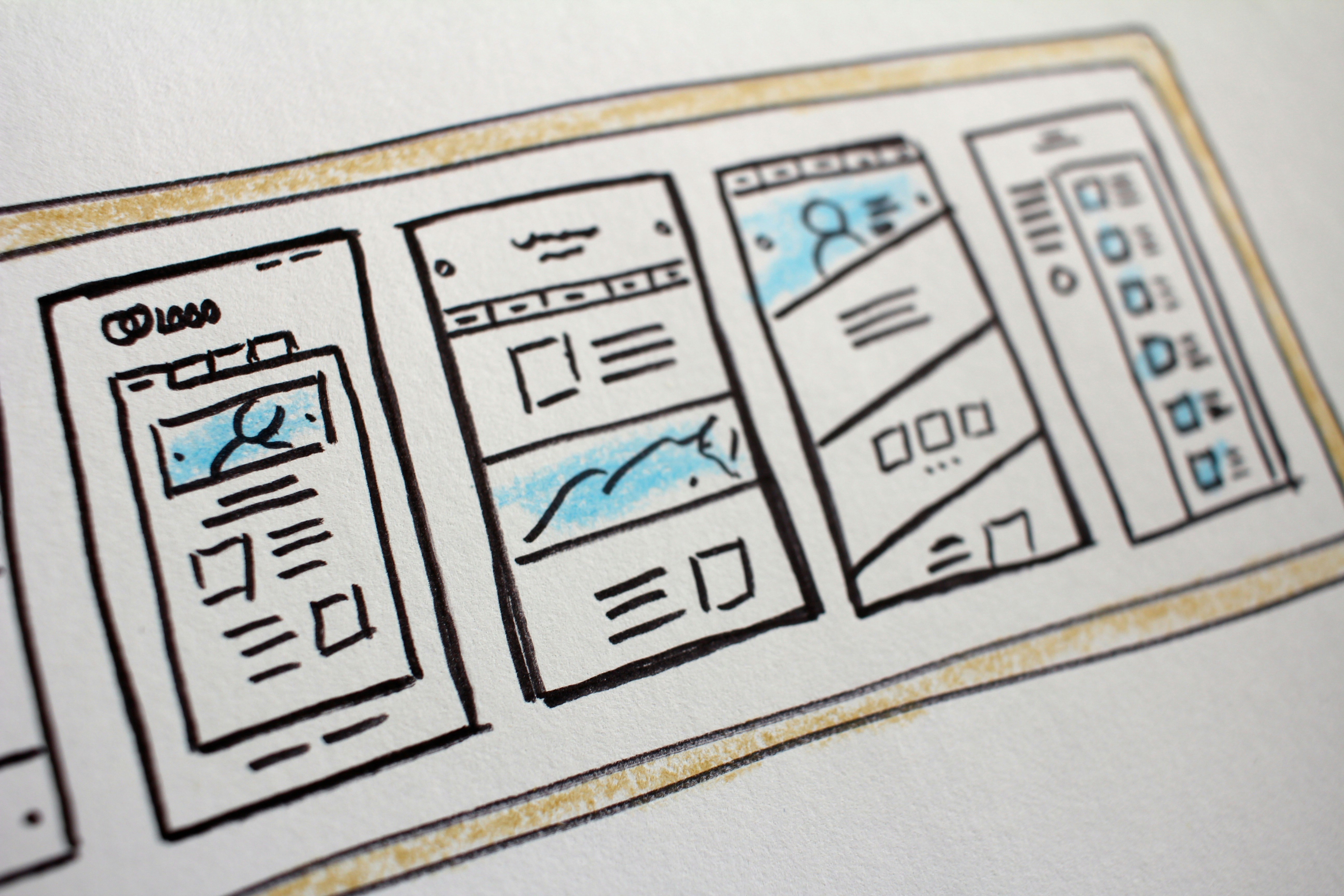Keeping your people motivated and engaged is the key to so many things. A genuinely engaged workforce unlocks new opportunities, increased performance, higher retention, business growth and so much more.
Now, as we hurtle towards 2025, where it’s long been predicted that Millennials and Generation Z will dominate the workforce, the time has come to adapt incentive programs. Keeping them relevant for the people who will soon (if they don’t already) make up the majority of your workforce is the only way to ensure your incentive offering is effective. Here, we'll delve into the art of crafting incentive programs that resonate with the unique preferences of these generations, so you can plan your next incentive with confidence.
Understanding Millennials and Gen Z
As with every generation, people who identify themselves as Millennials or Gen Z think and behave differently to the groups that came before them. So, to effectively engage these groups, organisations need to first understand their distinct characteristics and preferences. These generations crave more than just a pay check; they seek frequent feedback, opportunities for personal growth, and a harmonious work-life balance. For Gen Z in particular, actions speak louder than words, so companies must showcase commitment to broader societal challenges like sustainability to keep them on side.
Research from the Incentive Research Foundation only reinforces that these generations value experiences and meaningful recognition over traditional monetary rewards. They’re searching for "Instagrammable moments" they can share, and they’re looking for opportunities to give back too. It's not just about the reward; it's about the story behind it.
Designing experiential incentives
Enter experiential incentives – the secret sauce behind capturing the attention of younger employees. Thanks to the 2023 Incentive Travel Index, we know that incentive travel is highly valued among younger employees, with 71% highlighting visiting new destinations as a major plus. But this groups cares about more than travel. From team-building activities to professional development opportunities, as long as incentives cater to the desire for unique experiences, they will make an impact with Millennials and Gen Z.
However, there's a catch. They won’t go for the same travel programs you might have planned five years ago. For one, Gen Z is less likely to indulge in alcohol than their predecessors, and sustainability concerns may deter both Gen Z and Millennials from traditional travel by plane. The key is to provide choices and tailor itineraries to align with their preferences, recognising that what worked in the past may no longer hit the mark.
Embracing technology and gamification
Younger employees see technology as an extension of themselves, so integrating technology into incentive programs is non-negotiable. Mobile apps, social recognition platforms, and gamified reward systems are powerful tools to capture the attention of younger employees. Plus, real-time feedback and rewards resonate with a generation accustomed to instant gratification. By embracing technology, you can create an interactive and engaging incentive ecosystem that aligns with the digital world these generations inhabit. And on top of that, you can utilise technology to record and measure your own success. It really in win-win.
Promoting diversity and inclusion in incentives
Diversity and inclusion are not just buzzwords but critical components in crafting incentives that resonate with Millennials and Generation Z. In a Monster survey, 83% of Gen Z candidates highlighted the importance of a company's commitment to diversity and inclusion. That focus on doing the right thing doesn’t go away once they’re hired but needs to be proven in every program you host.
To ensure inclusivity in incentive programs, organisations must offer diverse reward options and recognise achievements across diverse teams too. By aligning incentives with values such as social justice and inclusivity, you can demonstrate an authentic commitment to the causes that matter to younger generations.
Fostering a culture of recognition
Recognising achievements is not a one-off event but a continuous process embedded in organisational culture. It should be embedded in your incentive programs too, not just in the way you organise reward, but in the way you select employees to reward. Younger employees value regular feedback, peer-to-peer recognition, and public acknowledgment of their contributions, so consider building all three into the very earliest stages of your incentive program. Fostering a culture where appreciation is a core value creates a positive work environment, fuelling motivation and engagement among Millennials and Gen Z and ultimately amping up desire for the types of reward traditionally associated with incentive.
Our workforce is undergoing a generational shift, so now is the time to adapt your approach to incentives. By understanding the unique characteristics of the groups we must now appeal to, embracing experiential incentives, leveraging technology and gamification, promoting diversity and inclusion, and fostering a culture of recognition, you can create incentive programs that not only attract but also retain and motivate younger employees.
As we navigate the future of work, one thing is clear – repeating the same old incentive programs will not get you the results you’re looking for. Planning with your specific workforce in mind, though, will help you achieve incredible things. Here at DRPG, we can help take the pain out of the planning. To enquire about our services, click here to go to our contact us page.










